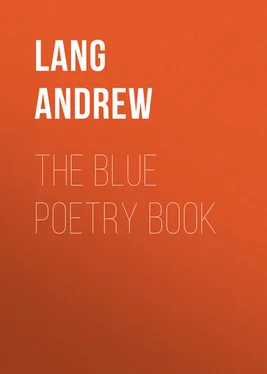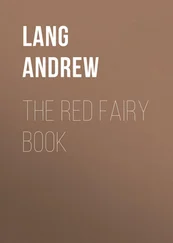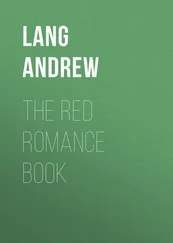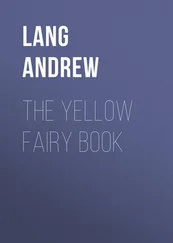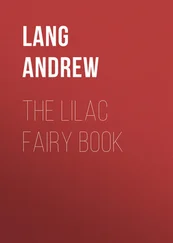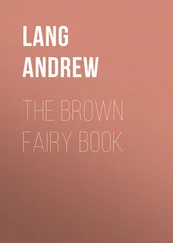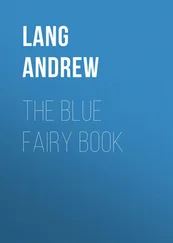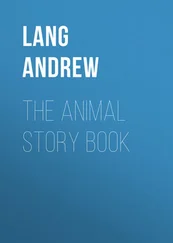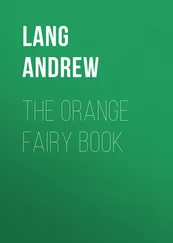Andrew Lang - The Blue Poetry Book
Здесь есть возможность читать онлайн «Andrew Lang - The Blue Poetry Book» — ознакомительный отрывок электронной книги совершенно бесплатно, а после прочтения отрывка купить полную версию. В некоторых случаях можно слушать аудио, скачать через торрент в формате fb2 и присутствует краткое содержание. Жанр: foreign_antique, foreign_prose, на английском языке. Описание произведения, (предисловие) а так же отзывы посетителей доступны на портале библиотеки ЛибКат.
- Название:The Blue Poetry Book
- Автор:
- Жанр:
- Год:неизвестен
- ISBN:нет данных
- Рейтинг книги:3 / 5. Голосов: 1
-
Избранное:Добавить в избранное
- Отзывы:
-
Ваша оценка:
- 60
- 1
- 2
- 3
- 4
- 5
The Blue Poetry Book: краткое содержание, описание и аннотация
Предлагаем к чтению аннотацию, описание, краткое содержание или предисловие (зависит от того, что написал сам автор книги «The Blue Poetry Book»). Если вы не нашли необходимую информацию о книге — напишите в комментариях, мы постараемся отыскать её.
The Blue Poetry Book — читать онлайн ознакомительный отрывок
Ниже представлен текст книги, разбитый по страницам. Система сохранения места последней прочитанной страницы, позволяет с удобством читать онлайн бесплатно книгу «The Blue Poetry Book», без необходимости каждый раз заново искать на чём Вы остановились. Поставьте закладку, и сможете в любой момент перейти на страницу, на которой закончили чтение.
Интервал:
Закладка:
He stay’d not for brake and he stopp’d not for stone;
He swam the Eske river where ford there was none;
But ere he alighted at Netherby gate,
The bride had consented, the gallant came late;
For a laggard in love, and a dastard in war,
Was to wed the fair Ellen of brave Lochinvar.
So boldly he enter’d the Netherby Hall,
Among bridesmen, and kinsmen, and brothers, and all; —
Then spoke the bride’s father, his hand on his sword
(For the poor craven bridegroom said never a word),
’O, come ye in peace here, or come ye in war,
Or to dance at our bridal, young Lord Lochinvar?
‘I long woo’d your daughter, my suit you denied; —
Love swells like the Solway, but ebbs like its tide; —
And now am I come with this lost Love of mine
To lead but one measure, drink one cup of wine.
There are maidens in Scotland more lovely by far,
That would gladly be bride to the young Lochinvar!’
The bride kiss’d the goblet: the knight took it up,
He quaff’d off the wine and he threw down the cup.
She look’d down to blush, and she look’d up to sigh,
With a smile on her lips, and a tear in her eye.
He took her soft hand, ere her mother could bar, —
‘Now tread we a measure!’ said young Lochinvar.
So stately his form, and so lovely her face,
That never a hall such a galliard did grace;
While her mother did fret, and her father did fume,
And the bridegroom stood dangling his bonnet and plume;
And the bride-maidens whispered, ’‘Twere better by far,
To have match’d our fair cousin with young Lochinvar!’
One touch to her hand, and one word in her ear,
When they reach’d the hall door; and the charger stood near;
So light to the croupe the fair lady he swung,
So light to the saddle before her he sprung!
‘She is won! we are gone, over bank, bush, and scaur;
They’ll have fleet steeds that follow,’ quoth young Lochinvar.
There was mounting ’mong Græmes of the Netherby clan,
Forsters, Fenwicks, and Musgraves, they rode and they ran
There was racing and chasing, on Cannobie lea,
But the lost bride of Netherby ne’er did they see.
So daring in love, and so dauntless in war,
Have ye e’er heard of gallant like young Lochinvar?
THE WRECK OF THE HESPERUS
It was the schooner Hesperus,
That sailed the wintry sea;
And the skipper had taken his little daughter,
To bear him company.
Blue were her eyes as the fairy-flax,
Her cheeks like the dawn of day,
And her bosom white as the hawthorn buds,
That ope in the month of May.
The skipper he stood beside the helm,
His pipe was in his mouth,
And he watched how the veering flaw did blow
The smoke now West, now South.
Then up and spake an old sailòr,
Had sail’d the Spanish Main,
’I pray thee, put into yonder port,
For I fear a hurricane.
‘Last night, the moon had a golden ring,
And to-night no moon we see!’
The skipper, he blew a whiff from his pipe,
And a scornful laugh laughed he.
Colder and louder blew the wind,
A gale from the North-east;
The snow fell hissing in the brine,
And the billows frothed like yeast.
Down came the storm, and smote amain
The vessel in its strength;
She shudder’d and paused, like a frighted steed,
Then leap’d her cable’s length.
‘Come hither! come hither! my little daughtèr.
And do not tremble so;
For I can weather the roughest gale
That ever wind did blow.’
He wrapp’d her warm in his seaman’s coat
Against the stinging blast;
He cut a rope from a broken spar,
And bound her to the mast.
‘O father! I hear the church-bells ring,
O say, what may it be?’
‘’Tis a fog-bell, on a rock-bound coast!’ —
And he steer’d for the open sea.
‘O father! I hear the sound of guns,
O say, what may it be?’
‘Some ship in distress that cannot live
In such an angry sea!’
‘O father! I see a gleaming light,
O say, what may it be?’
But the father answered never a word,
A frozen corpse was he.
Lashed to the helm, all stiff and stark,
With his face turned to the skies,
The lantern gleamed through the gleaming snow
On his fixed and glassy eyes.
Then the maiden clasped her hands and prayed
That savèd she might be;
And she thought of Christ, who stilled the waves
On the Lake of Galilee.
And fast through the midnight dark and drear,
Through the whistling sleet and snow,
Like a sheeted ghost, the vessel swept
Towards the reef of Norman’s Woe.
And ever the fitful gusts between
A sound came from the land;
It was the sound of the trampling surf,
On the rocks and the hard sea-sand.
The breakers were right beneath her bows,
She drifted a dreary wreck,
And a whooping billow swept the crew
Like icicles from her deck.
She struck where the white and fleecy waves
Look’d soft as carded wool,
But the cruel rocks, they gored her sides
Like the horns of an angry bull.
Her rattling shrouds, all sheathed in ice,
With the masts went by the board;
Like a vessel of glass, she stove and sank,
Ho! ho! the breakers roared!
At day-break, on the bleak sea-beach
A fisherman stood aghast,
To see the form of a maiden fair
Lashed close to a drifting mast.
The salt sea was frozen on her breast,
The salt tears in her eyes;
And he saw her hair like the brown sea-weed
On the billows fall and rise.
Such was the wreck of the Hesperus,
In the midnight and the snow!
Christ save us all from a death like this,
On the reef of Norman’s Woe!
THE DOG AND THE WATER-LILY
The noon was shady, and soft airs
Swept Ouse’s silent tide,
When, ’scaped from literary cares,
I wander’d on his side.
My spaniel, prettiest of his race,
And high in pedigree, —
(Two nymphs adorn’d with every grace
That spaniel found for me,)
Now wanton’d lost in flags and reeds,
Now, starting into sight,
Pursued the swallow o’er the meads
With scarce a slower flight.
It was the time when Ouse display’d
His lilies newly blown;
Their beauties I intent survey’d,
And one I wish’d my own.
With cane extended far I sought
To steer it close to land;
But still the prize, though nearly caught,
Escaped my eager hand.
Beau mark’d my unsuccessful pains
With fix’d considerate face,
And puzzling set his puppy brains
To comprehend the case.
But with a cherup clear and strong
Dispersing all his dream,
I thence withdrew, and follow’d long
The windings of the stream.
My ramble ended, I return’d;
Beau , trotting far before,
The floating wreath again discern’d,
And plunging left the shore.
Интервал:
Закладка:
Похожие книги на «The Blue Poetry Book»
Представляем Вашему вниманию похожие книги на «The Blue Poetry Book» списком для выбора. Мы отобрали схожую по названию и смыслу литературу в надежде предоставить читателям больше вариантов отыскать новые, интересные, ещё непрочитанные произведения.
Обсуждение, отзывы о книге «The Blue Poetry Book» и просто собственные мнения читателей. Оставьте ваши комментарии, напишите, что Вы думаете о произведении, его смысле или главных героях. Укажите что конкретно понравилось, а что нет, и почему Вы так считаете.
